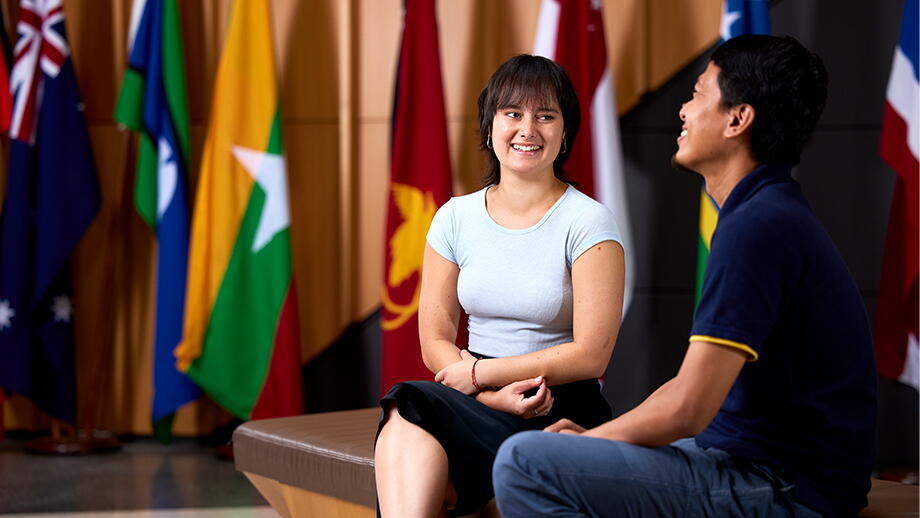Key findings
there is a disconnect between young people and the decisions that are made that impact their lives. This is even more evident for young women and those from minoritised groups.
To explore these issues, in October 2023, the Global Institute for Women’s Leadership (GIWL) at the Australian National University hosted our inaugural Youth Summit. The Summit was led by trailblazing sexual consent activist, Chanel Contos, and was attended and facilitated by young gender equality advocates from across Australia, comprising a range of gender and sexuality identities, cultures and ethnicities, experiences of disability, and urban and rural backgrounds.
As these participants were more likely to be a more proactive and politically engaged group than the broader age cohort they represented, we refer to this group as “changemakers” throughout the report. We asked Summit participants about the barriers and opportunities to political engagement, participation, and representation for young people today. We also asked about their attitudes towards politics and what political representation means to them.
Our findings were generally encouraging – these changemakers want to be involved in politics and are finding new ways to engage in political activism. But there are common factors that can put them off or act as barriers to political engagement. In our study, we found that:
- Young people are engaged and do care passionately about key issues, but they don’t feel represented or listened to in politics.
- A lack of trust in political institutions has not led to political apathy, but rather young people finding and creating alternative ways to become politically active (e.g. starting their own initiatives, volunteering, using social media for activism).
- Yet, they aren’t confident that the government will take action on their biggest policy concerns, and, even though they are highly motivated changemakers, most don’t see politics as a career choice.
- A lack of resources, concern about the safety of political workplaces and not fitting in are key barriers to young people's political participation. Drawing from these results, we outline approaches and strategies to engaging young people in politics and creating pathways to politics that are diverse and sustainable.
Contact
Elise Stephenson
Deputy Director
Climate change, Intersectionality & identity, Politics & international affairs, The space sector, Youth engagement
Chanel Contos
Youth Committee Chair
Youth engagement
Emmaline Monteith
Research Assistant
Media, technology & online safety, Youth engagement
You may also like
A fair go for all
The desire – and need – for intergenerational policymaking has never been greater. This research sought to understand the extent to which Australian voters care about longterm policymaking, whether…




